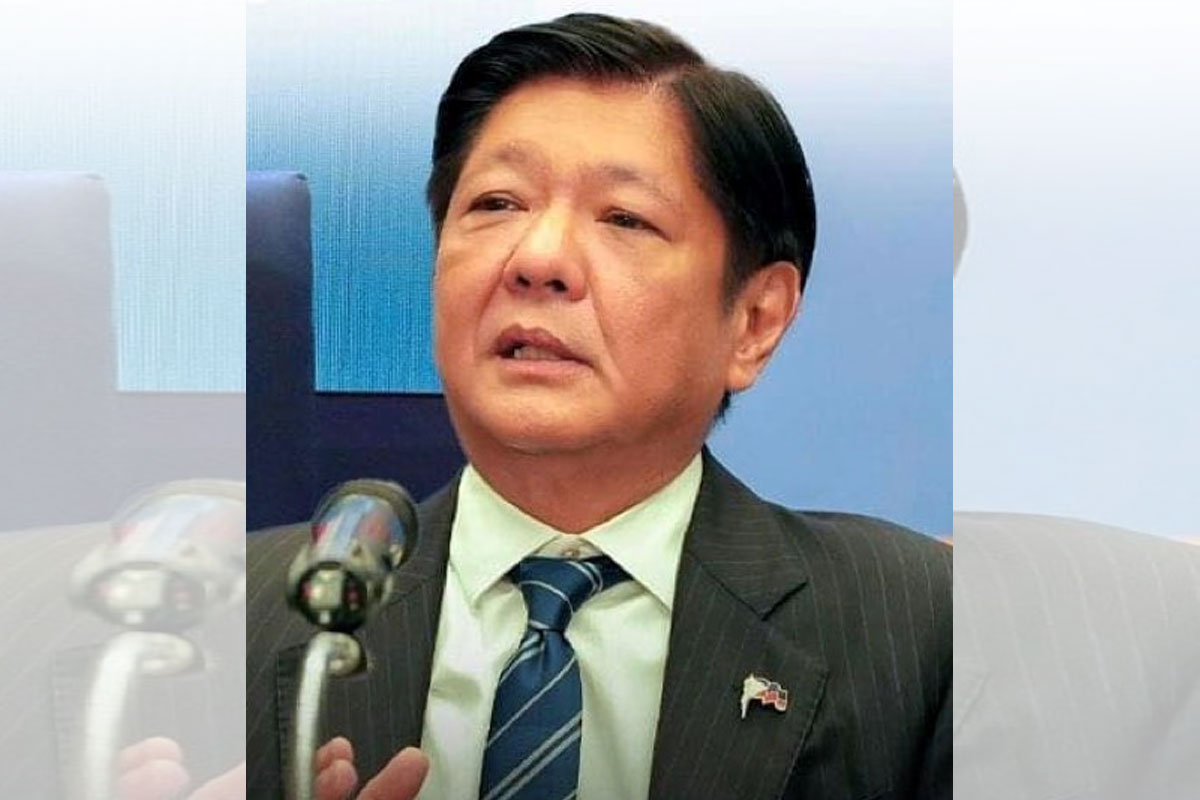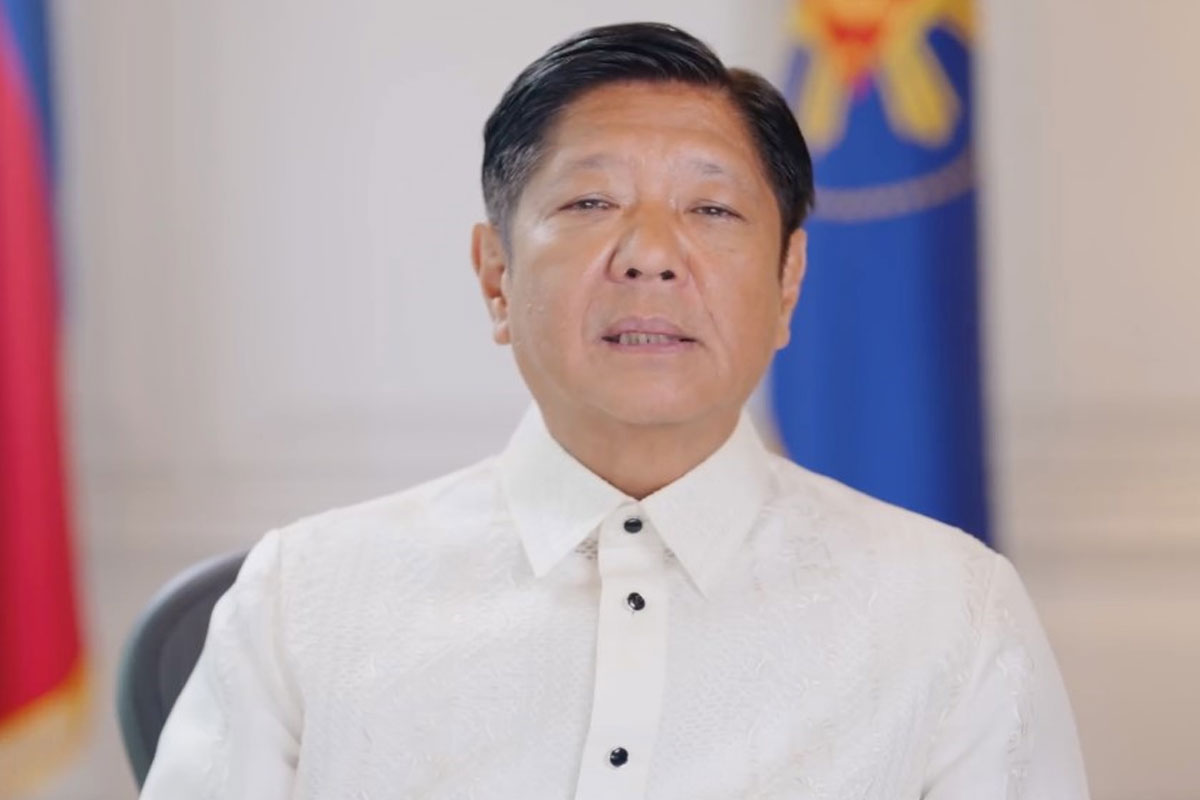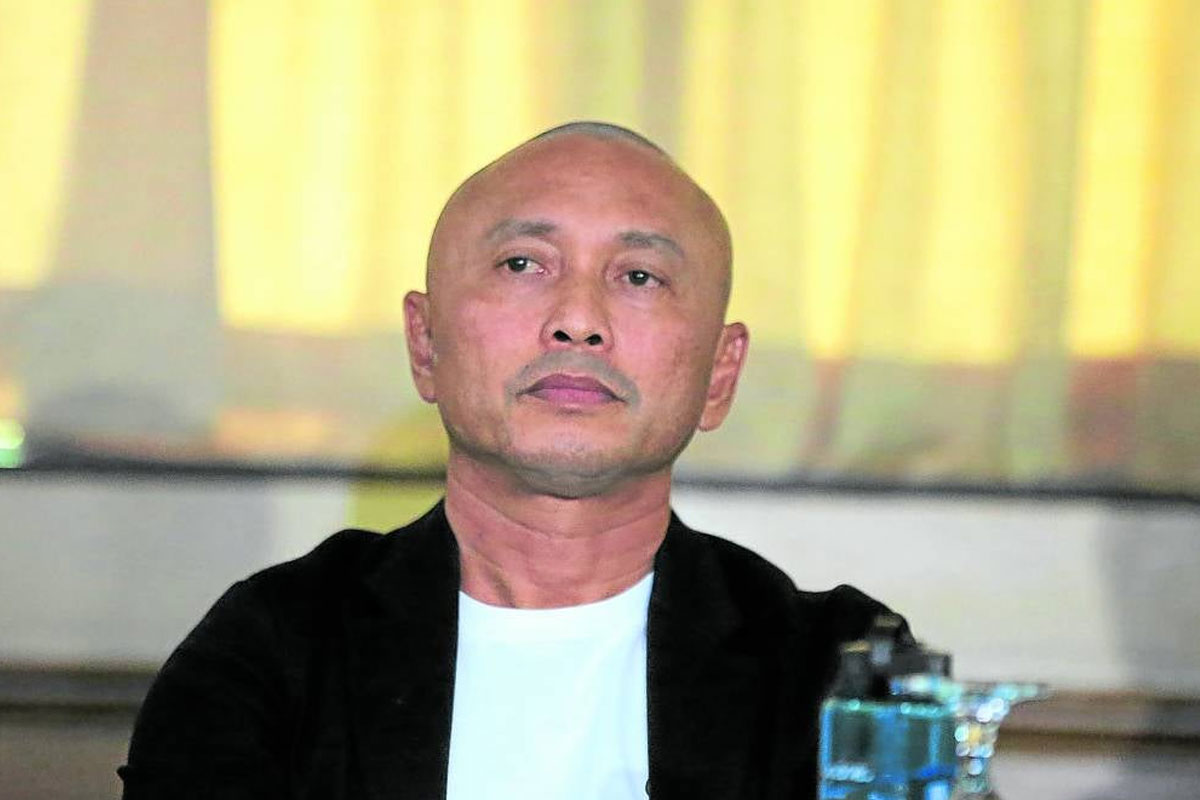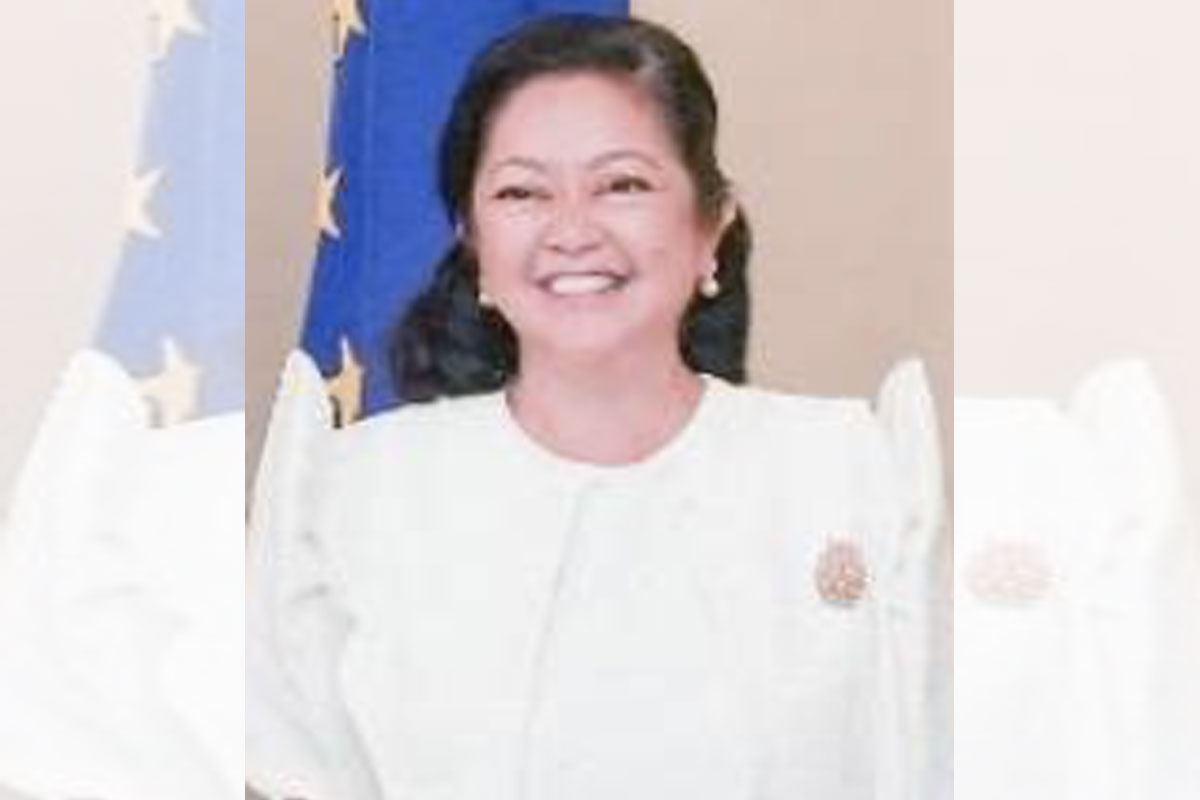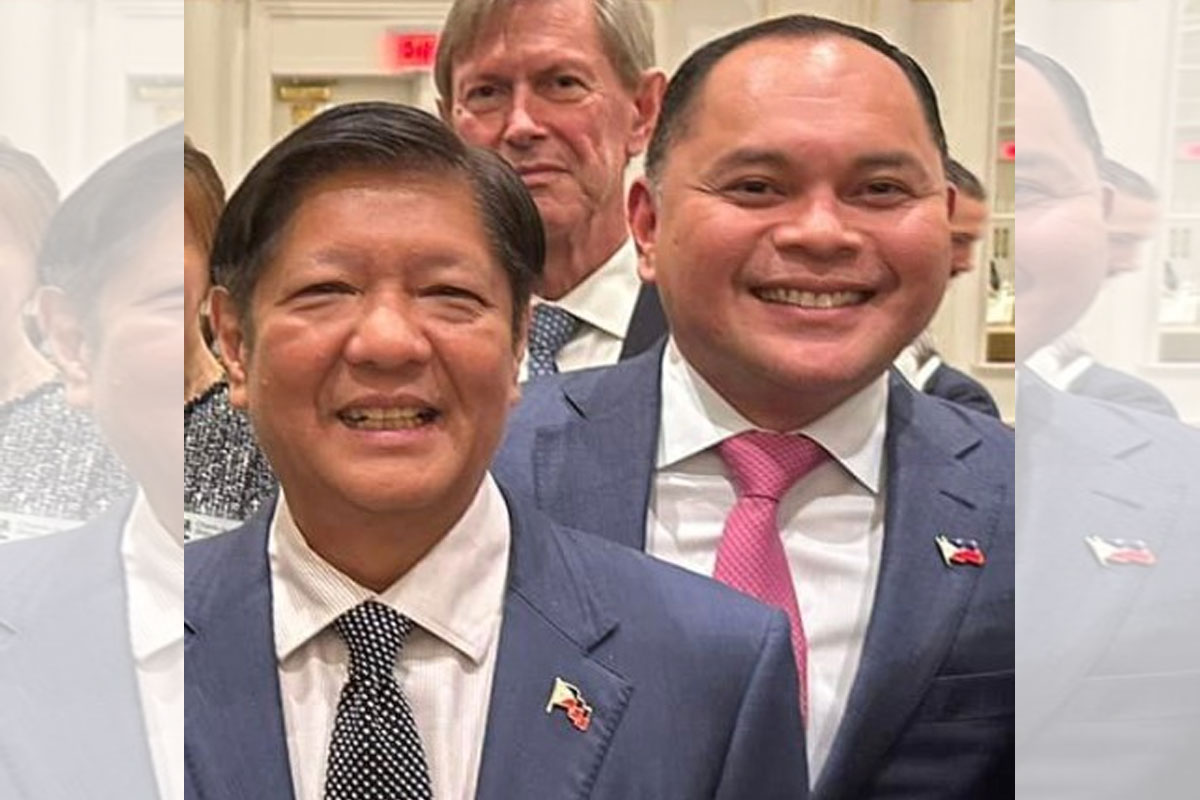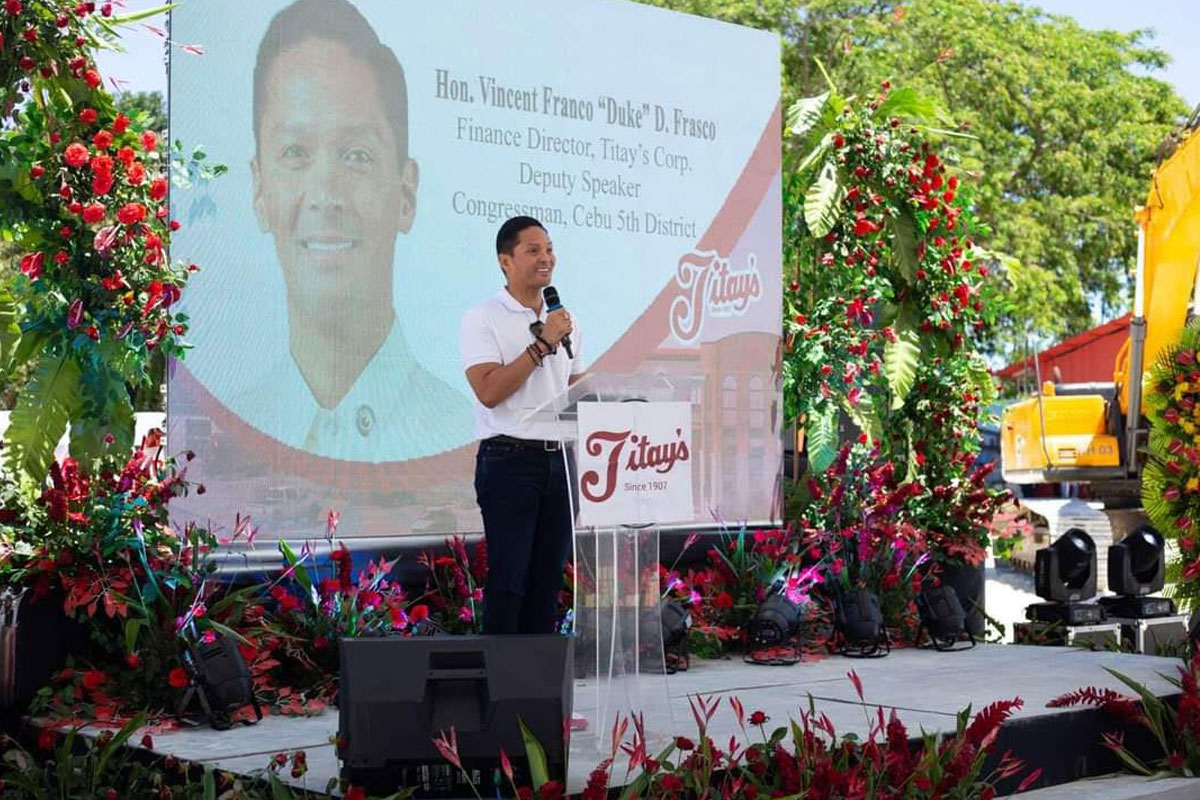
Davao City solon urges ‘innovations’ in PhilHealth
Seeks to create eHealth system for healthcare delivery
DAVAO City 1st District Representative Paolo Duterte has called on the new leadership in the Philippine Health Insurance Corporation (PhilHealth) to incorporate digital innovations in realizing its goal of providing medical insurance and ensuring affordable and accessible healthcare services for all Filipinos.
Utilizing digital tools to deliver better health outcomes, especially in far-flung communities, should be reinforced with the approval and implementation of a congressional proposal to establish a national electronic health (eHealth) system, Duterte said.
Duterte, Benguet Rep. Eric Yap, and ACT-CIS Party-list Reps. Edvic Yap and Jeffrey Soriano have filed House Bill (HB) 4808, which aims to establish this digital-based system that is designed to complement and improve the delivery of physical healthcare services.
“We need to reimagine the way we bring quality health care to our countrymen, especially to those living in geographically isolated and disadvantaged areas (GIDAs) where medical professionals are scarce.
The use of digital technology to support the delivery of healthcare can help detect symptoms in patients in the early stages of their ailments and save lives,” Duterte said.
He said newly appointed acting PhilHealth president and CEO (chief executive officer) Emmanuel Ledesma can begin expanding the application of digital solutions in the health insurer’s operations by allowing the use of more convenient online payment platforms, such as e-wallets, in settling PhilHealth premiums.
Making premium payments easy and convenient will encourage members, especially those who are voluntarily paying, to keep contributing to the PhilHealth fund, Duterte said.
Duterte also suggested that Ledesma broaden the implementation of PhilHealth’s eKonsulta system, which is a web-based standalone application that can be used to encode patient data and medical records.
This can help harmonize the health data of patients and ensure that accurate and substantial medical history are used in diagnosing them.
The eKonsulta can be incorporated into the proposed National eHealth System (NeHS) under HB 4808, which also covers the use of e-prescriptions, e-pharmacies, and telemedicine, Duterte said.
Duterte said the NeHS recognizes the use of digital solutions as supplemental and complementary with other traditional healthcare delivery methods to the extent allowable by law, especially in supporting the primary healthcare needs and services in GIDAs.
He noted that telemedicine or online medical consultations are now widely used in other countries like China and Singapore so that patients can easily book appointments via the Internet without waiting for hours inside doctors’ offices.
In the Philippines, the use of telemedicine boomed during the pandemic when the onsite delivery of health services became limited.
One important aspect of the NeHS is that it will operate within a health sector blueprint that ensures health and health-related data are made available and accessible anytime and anywhere to various stakeholders, including medical experts and researchers who can monitor outbreaks and help prevent the spread of diseases, Duterte said.
The Department of Health (DOH) and Philhealth, in partnership with the private sector, are the key players in implementing the NeHS. The DOH, as the lead implementing agency, is mandated to transform and strengthen its existing Knowledge Management and Information Technology Service (KMITS) into a full-fledged National eHealth Information and Services Bureau (NeHISB). This body will perform the overall management and administration of the NeHS.
It will also serve as the secretariat of the DOH-chaired eHealth Policy and Coordinating Council, which is tasked under the bill to provide and promote relevant policies and guidelines to effectively implement the NeHS.





